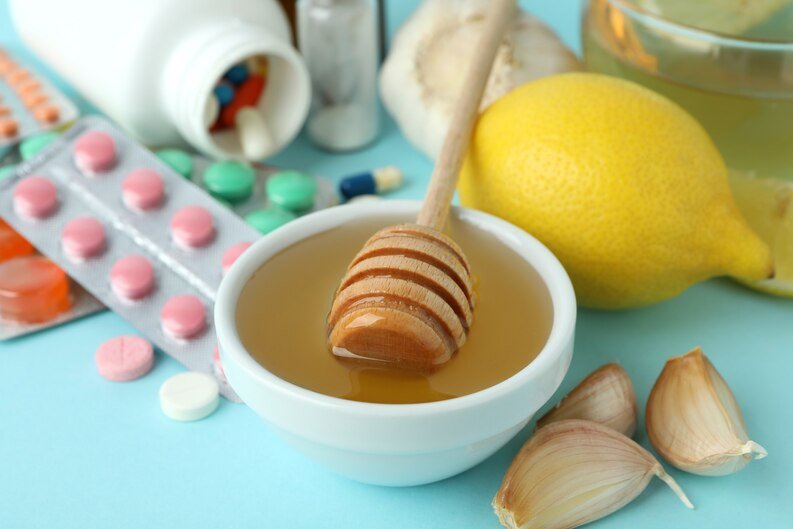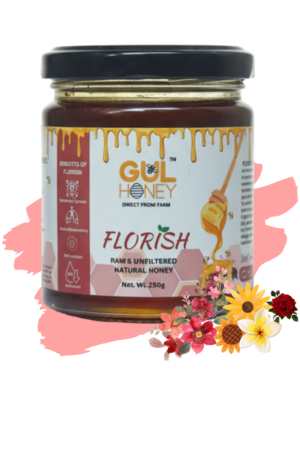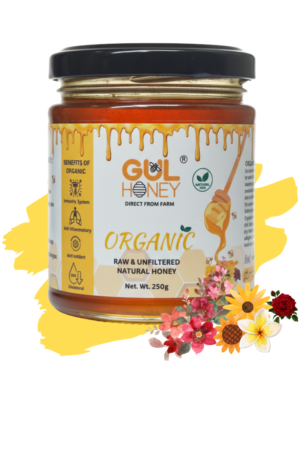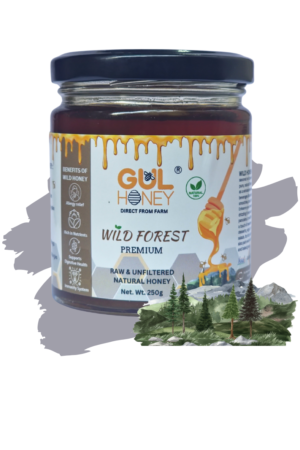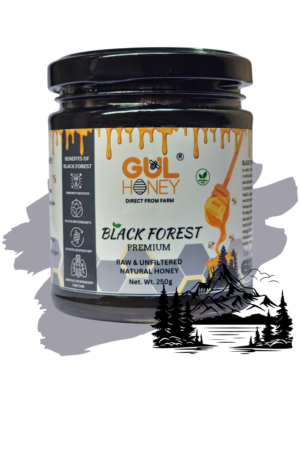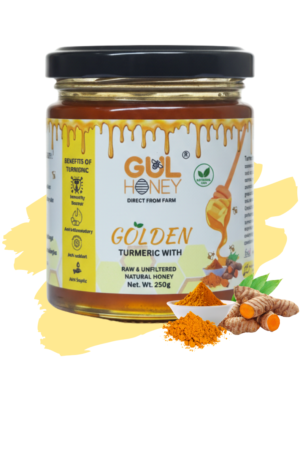Sweet Science: Uncovering the Amazing Health Benefits of Honey You Never Knew About!
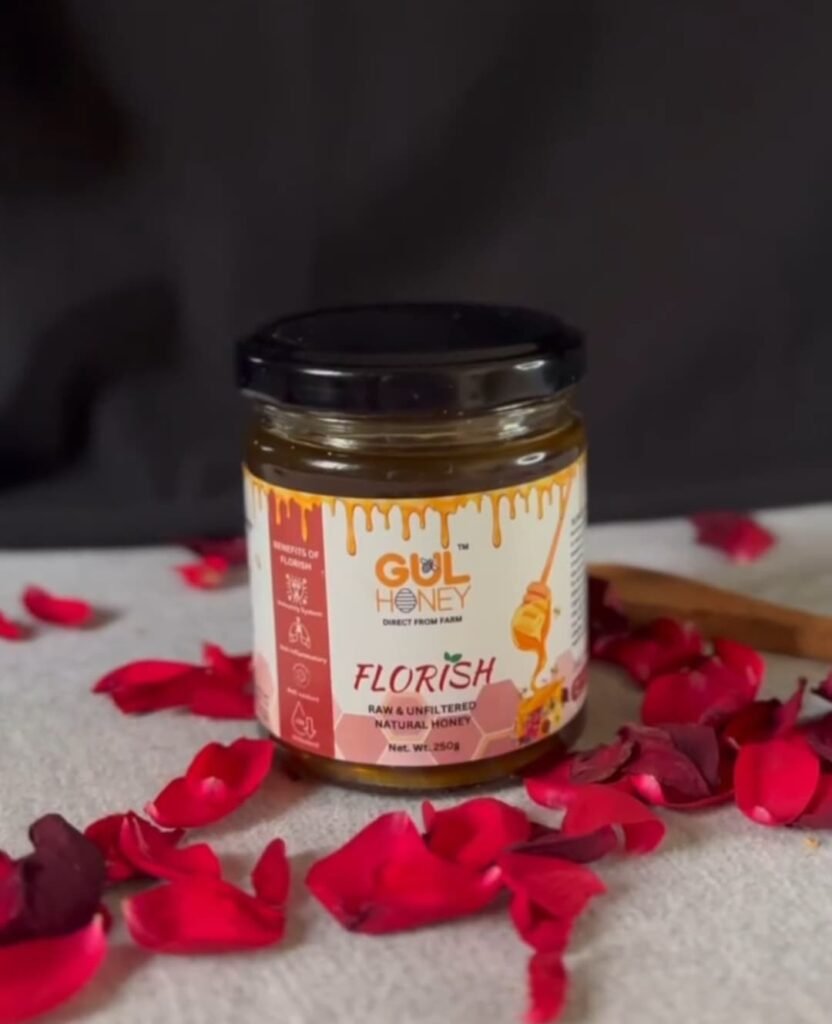
Did you know that what we often consider a simple sweetener is actually a powerhouse of health benefits? Honey, nature’s golden elixir, has been cherished for centuries not just for its delightful taste, but also for its remarkable properties. From soothing sore throats to acting as a natural energy booster, this viscous wonder is packed with vitamins, minerals, and antioxidants that can enhance your well-being. In this exploration of ‘Sweet Science,’ we’ll dive deeper into the amazing health benefits of honey that you may never have known about. Whether you’re an avid health enthusiast or simply someone with a sweet tooth, discover how incorporating this sweet substance into your daily routine might just transform your health. Prepare to be amazed by the incredible science behind honey’s virtues as we unveil the hidden gems of this ancient remedy!
Nutritional Profile of Honey
Honey, often revered for its luscious sweetness, is far more than just a natural sugar source. Its nutritional profile is rich and diverse, encompassing a variety of essential nutrients that contribute to its myriad health benefits. Primarily composed of fructose and glucose, honey provides an immediate energy boost, making it a favorite among athletes and fitness enthusiasts. Additionally, it contains trace amounts of vitamins and minerals such as vitamin C, calcium, iron, magnesium, and potassium, which are crucial for maintaining overall health.
One of the standout features of honey is its content of bioactive plant compounds and antioxidants. These include flavonoids and phenolic acids, which play a significant role in neutralizing free radicals in the body. Free radicals are unstable molecules that can cause oxidative stress, leading to chronic diseases such as heart disease and cancer. By incorporating honey into your diet, you can harness these antioxidants to protect your cells from damage.
Moreover, honey’s glycemic index (GI) is relatively lower compared to refined sugar, meaning it has a slower, more gradual impact on blood sugar levels. This makes it a preferable sweetener for those managing diabetes or looking to maintain steady energy levels throughout the day. The combination of its natural sweetness, nutritional richness, and health-protective properties makes honey an exceptional addition to any diet.
Historical Uses of Honey in Medicine
